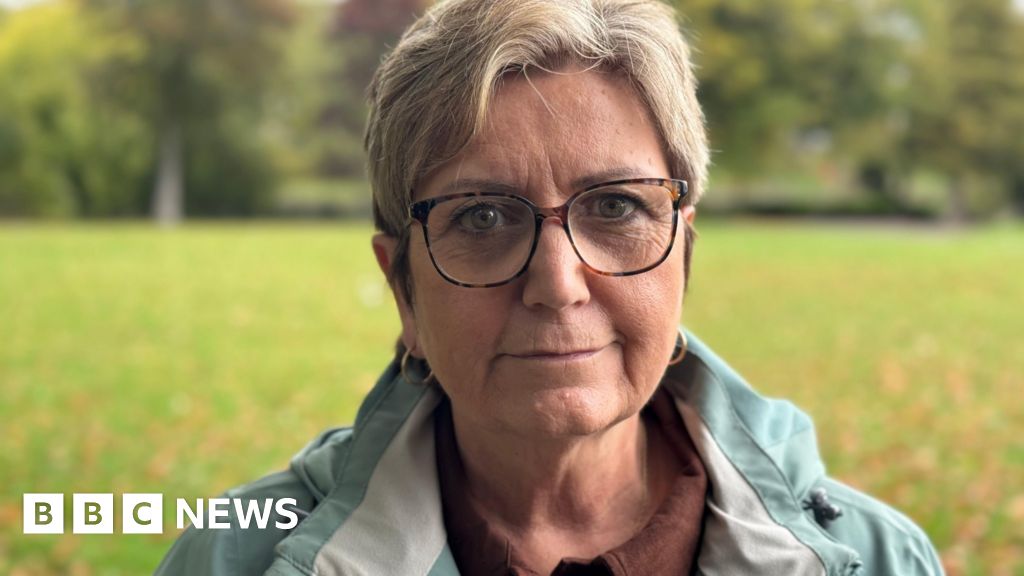Watching Short Inspiring Videos May Ease Stress Like Meditation Does


- New research has found that short inspirational videos can be as effective as meditation in reducing stress.
- Even brief exposure to uplifting content can elicit feelings of calmness, optimism, and emotional regulation.
- For healthcare professionals, these “micro-restoration moments” may help counter empathy fatigue, maintain compassion, and support well-being in high-pressure environments.
- Incorporating small, consistent habits, such as practicing mindful breathing, seeking peer support, or taking moments in nature, can help build long-term stress resilience.
A new study published by the American Psychological Association has found that watching short inspirational videos can be just as effective as meditation in reducing stress, offering a quick, practical way for healthcare professionals to recharge.
Researchers discovered that even brief exposure to uplifting content, such as stories of hope or resilience, can lower stress levels and boost positive emotions.
“Though there are many effective ways to deal with stress, people often feel too busy or overwhelmed to enact these strategies,” lead author Robin Nabi, PHD, of the University of California, Santa Barbara, said in a press release.
“What we found is that even a few minutes of watching content that makes people feel hopeful can put a dent in that stress. It’s a short, simple, and even enjoyable break, and it can make a meaningful difference in helping people feel more optimistic and able to handle what’s in front of them.”
The findings highlight a simple yet powerful tool to support emotional well-being in high-pressure environments, like healthcare.
George Baldwin, BSc (Hons), MSc, a chartered clinical psychologist, told Healthgades that it “makes sense” that short inspirational videos can have such a measurable impact on stress.
“When we experience something uplifting or emotionally resonant, such as a story of hope or resilience, the brain activates neural pathways similar to those engaged in mindfulness or relaxation practices,” he explained.
“These videos can shift attention away from threat-based thinking, which drives stress toward safety and connection,” he continued.
Additionally, short inspirational videos can trigger the parasympathetic nervous system, which can help people rest and restore by evoking calmness and compassion.
“Even brief moments of emotional resonance can down-regulate the body’s stress response and create a psychological reset,” Baldwin said.
These benefits can be particularly significant for healthcare professionals
“Healthcare professionals face a blend of chronic emotional, cognitive, and moral stressors. They often work under time pressure, navigate emotionally charged situations, and bear responsibility for others’ well-being,” Baldwin pointed out.
Sometimes these stressors occur without adequate rest or emotional recovery, leading to empathy fatigue and eventual burnout.
“Brief interventions, like watching short inspirational videos, offer micro-restoration moments which are quick emotional recalibrations that remind clinicians of humanity and hope,” Baldwin said.
“These small, replenishing experiences can interrupt the accumulation of stress across the day and help maintain compassion and perspective in demanding environments.”
How watching inspirational videos compares to meditation
Meditation is often recommended for stress management and mental health, but some people, including those in busy healthcare settings, can find it difficult to completely switch off.
“Meditation can be incredibly effective, but it often requires sustained focus and tolerance for stillness, which are understandably difficult when someone is already stressed or time-poor,” Baldwin noted.
On the other hand, short, uplifting videos are passive and emotionally engaging, which makes them easier to access and maintain.
“They provide an instant, digestible dose of emotional regulation and are a quick way to reconnect with values and purpose without any perceived pressure to do it right,” Baldwin explained.
“For healthcare professionals who are constantly giving to others, moments of receiving inspiration rather than creating calm can feel more achievable and less like another task.”
Additional micro habits that can help manage stress
Beyond inspirational videos and meditation, there are other quick and realistic ways that healthcare workers can support their mental well-being and manage chronic stress.
Baldwin said one of the simplest ways is to take 30 seconds to notice your breath, stretch, or note a sensory detail in your environment, such as sound, light, or touch.
He also recommends value check-ins, where you take a few minutes to remind yourself why your work matters in moments of fatigue.
Nobody quite understands the unique pressures of your work quite like your colleagues, and that’s why Baldwin recommends peer-to-peer support.
“Brief authentic conversations with colleagues, even for just a few minutes, can restore belonging and validation,” he noted.
It’s not just the conversations you have with others that matter, but the ones you have with yourself.
“Don’t underestimate the value of compassionate self-talk,” Baldwin said. “Notice and gently counter self-criticism with the tone you’d use for a patient or friend.”
Moments in nature can also prove to be incredibly beneficial.
“Stepping outside between tasks, even for one minute, has measurable stress-reduction effects,” Baldwin pointed out.
Of course, countering stress is not solely the responsibility of individual healthcare professionals; healthcare organizations and managers also play a crucial role in providing a supportive environment.
“Organizational culture plays a huge role in whether staff feel they can take moments for self-care, and leaders can encourage this by building micro-breaks into the structure of the workday,” said Baldwin.
For leaders, he suggested incorporating short well-being pauses into team meetings, creating wellness stations where staff can watch or listen to calming content, and even sharing “inspirational minute” videos hospital-wide.
“Normalizing these moments more in the everyday culture signals that mental health is part of professional performance, not separate from it,” he noted.
While stress may be an inherent part of working as a healthcare professional, Baldwin said this study highlights the impact of small, consistent habits on improving mood.
“The brain learns through repetition, so even brief, positive moments can gradually rewire stress responses. Over time, these micro-habits create a cumulative effect,” he said.
link







